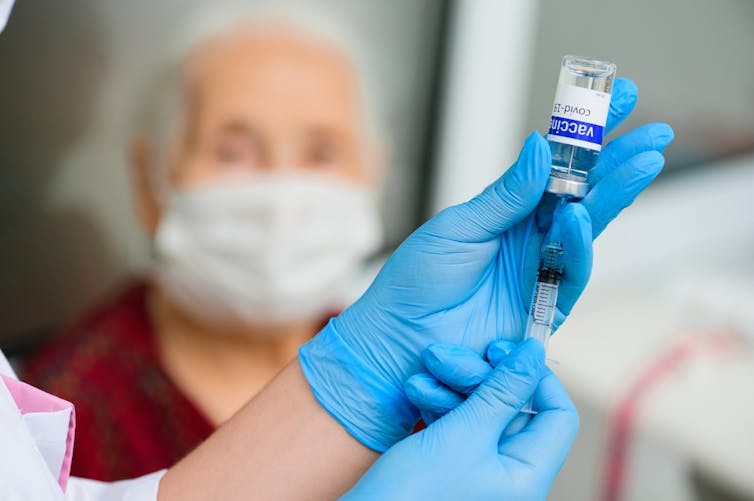Cross Post: COVID: Is it OK to manipulate people into getting vaccinated?
Written by Maximilian Kiener, University of Oxford

When the doctor realised that he wouldn’t be able to dissuade her of her beliefs, he decided to present her with another one:
Have you considered the possibility that anti-vaccine propaganda could be an attempt by the Russians or the Chinese to weaken the health of the United States population?
The doctor deliberately deceived the woman and probably reinforced her belief in conspiracy theories by pretending to find them plausible himself. But the tactic worked. The mother consented to have her child vaccinated.
Right now, vaccination is key to overcoming the COVID-19 pandemic and regaining safe individual freedom. Yet a minority of people, like the woman in our example, still refuse vaccination on mistaken beliefs. But how far can we go to change their minds?
Would the doctor be justified in using similar tactics to make the woman consent to her own COVID-19 vaccination?Read More »Cross Post: COVID: Is it OK to manipulate people into getting vaccinated?


